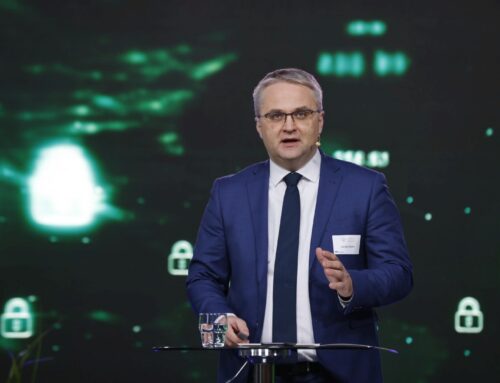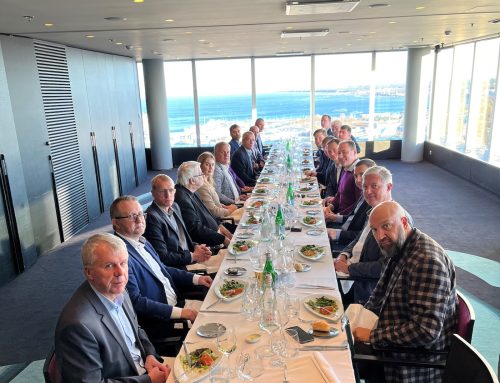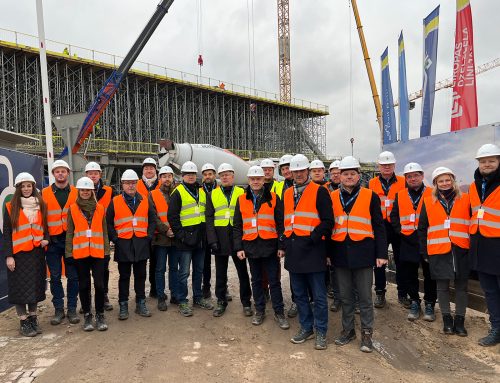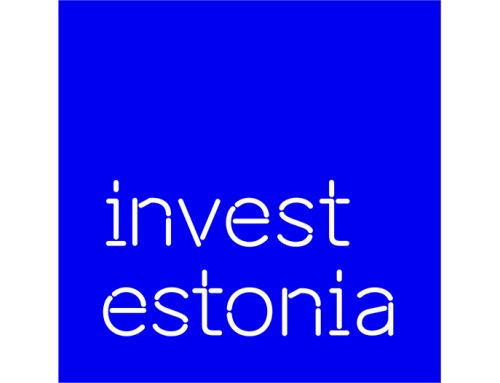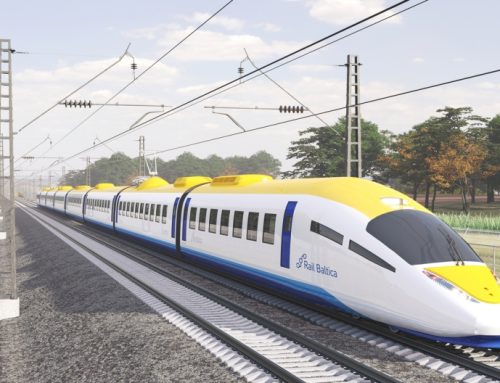As explained at an opening seminar on 16 October 2015 in Tallinn, the new NGO shall focus on the economic gains of Rail Baltic as a major pan-European infrastructure project and the business opportunities entailed in the new railway which will connect Finland and the Baltic states with Central Europe via a new conventional high-speed 1435 mm electrified passenger and cargo line.
The initiators of the Rail Baltic Business Network (RBBN): Pan-Baltic law firm TRINITI, business consultancy Civitta and communication agency Meta Advisory Group consider the prerequisite for Rail Baltic’s economic success to be the attention and active participation of the region’s leading transport and logistics undertakings towards the launch of freight trade along the new North-South rail axis.
According to Tõnis Tamme, a board member of RBBN and a partner of the law firm TRINITI, it is important to ensure that Rail Baltic would be in the main focus of discussion for a non-governmental, independent association of entrepreneurs that would also express constructive criticism towards the project, if necessary. “Our goal is to be the main forum for the entrepreneurship discussion related to Rail Baltic, the public dialogue representative of undertakings interested in the new infrastructure project, and to create added value for the project together with leading Estonian businesses. We invite companies of the transit and logistics sector, undertakings from business fields otherwise affected by the new logistics chain, top academic centres as well as local governments interested in RB to join the business network,” said Tamme.
According to Henrik Hololei, the new Director-General of the Directorate-General for Mobility and Transport of the European Commission, it is very positive that such a network has been founded and it is important to ensure that the Rail Baltic project would continue on commercial basis. “This way, the political noise would subside and the project could move ahead faster. It must be understood that this is not merely a political project and undertakings should utilise the situation to their benefit,” said Hololei.
Economist prof Erik Terk of the University of Tallinn highlighted that Rail Baltic should not be treated as an isolated project to be kept separate from the rest of the economic policy. He said that the new transport corridor will help pull the Baltic economies more towards the global market and the prerequisite for this are timely investments into industry and distribution centres. He also pointed out that the RB project should certainly not become a regional project of the Baltics and the time-wise planning of the future railway corridor should also look much further.
Indrek Orav, a Management Board Member of Rail Baltic Estonia, the Estonian shareholder of RB Rail AS, a joint venture founded by Estonia, Latvia and Lithuania for the purpose of establishing the new railway, provided an overview of the infrastructure project’s current state and, considering the entrepreneurs gathered, paid special attention to the issue of establishing the freight terminal at the Port of Muuga as a very important facility to increase the freight volumes.
“The birth of Muuga Terminal is a symbolic event for the entire project – it is a meeting point for the existing 1,520 mm railway, the Port of Tallinn, terminal operators, freight and its transhipment from various platforms, and in the future also the 1,435 mm railway of Rail Baltic, which enables freight owners to send their valuable cargo with the help of forwarding agents and logistics quickly to Ukraine, Turkey or, using the ports of Southern Europe, to oceangoing ships. We are currently in the process of refining the initial task of Muuga Freight Terminal, because figuratively speaking, Rail Baltic’s economic profitability depends on that,” said Orav.
RBBN also welcomed several leading transportation and logistics companies as new members joining the new business network.

